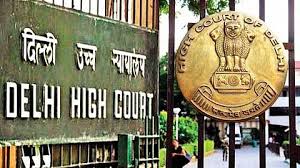Viscount Haldane, J.@mdashThis case is an important one, and but for a preliminary point on which it turns, might have been a long one. There is, however, a preliminary question which goes to the root of the appeal. Sri Sri Brojo Kishore Deo executed a document in favour of his wife on August 14, 1906 He called it a will, in the body of the document; but its only operative contents are to be found in the words which follow: "I have been laid up! with severe bodily illness for about the last seven months. Consequently having had serious misgivings, and not having until now been blessed with an heir-apparent for want of divine favour, I have consented to your adopting a son at your pleasure and conducting the management of the estate in the best manner. None of my heirs shall have cause to raise disputes touching this matter. This will has been executed with my consent."
2. It will be observed that what is said by the writer of the document is that having had serious misgivings, and not having been until now blessed with an heir-apparent, he has consented to his wife adopting a son at her pleasure, and conducting the management of the estate in the best manner. That standing by itself appears to their Lordships to be no more than a present authority to the wife to make an adoption, and there is nothing else of substance in the document. It may be that the writer was in a position under the law applicable to give her such power, but whether he was or was not, he purports to give her nothing else; for the references to property that occur in it are no more than consequences of the guardianship of the wife and the character of being a will is not established independently of these. Their Lordships therefore agree with the learned judges in the High Court in thinking that the document is not a will, but only a power to adopt, and as such ought to have been registered as being an authority to adopt a son, not conferred by a will within the meaning of Section 17 of the Indian Registration Act, 1877.
3. Their Lordships will, therefore, humbly advise His Majesty that this appeal should be dismissed with costs.

